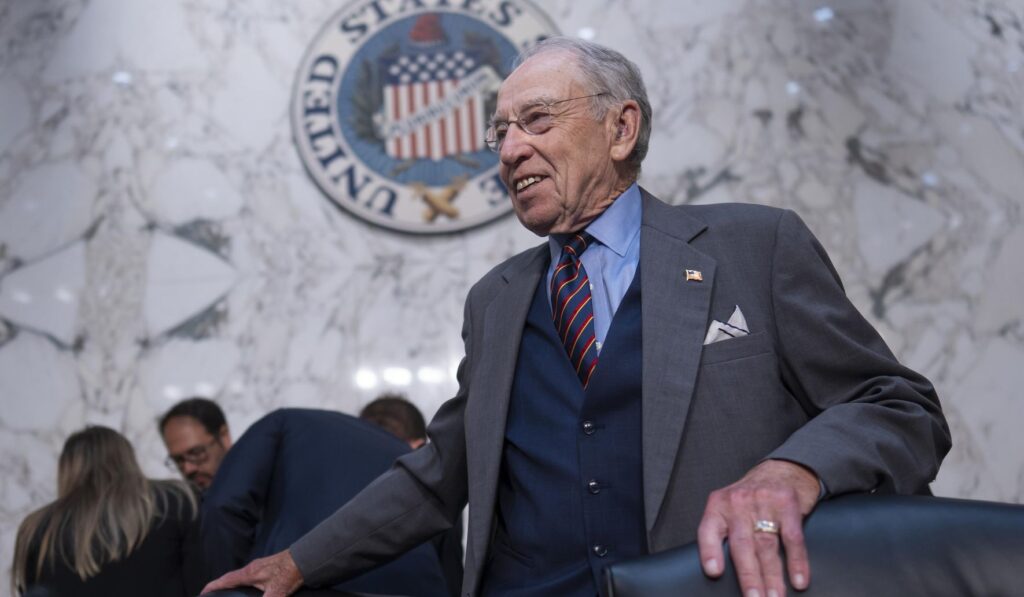Senate Judiciary Committee Chairman Charles Grassley is pressing three major tax-exempt groups to answer reports suggesting their money may have been funneled to the Chinese Communist Party, and he is demanding clarity about potential foreign influence and taxpayer exposure. This piece looks at why the inquiry matters, what oversight tools are available, and what Republicans say needs to happen to protect national security and charitable integrity.
Chairman Grassley’s request landed squarely on the overlap between national security and nonprofit transparency, a place where secrecy and soft-law arrangements can hide real risks. From a Republican perspective, the issue is straightforward: if tax-exempt status or charitable channels are being used to move funds to adversarial actors, Congress has a duty to expose it and stop it. The basic premise here is that taxpayers and donors deserve to know where money flows and whether U.S. laws are being respected.
Tax-exempt organizations occupy a special place in our civic life, enjoying benefits that come with public trust, so the oversight bar ought to be high. Grassley’s move signals a refusal to let that trust be exploited, especially when reports involve the Chinese Communist Party. Republicans emphasize that grantmaking and international partnerships require scrutiny when large sums cross borders or land in sensitive institutions.
The Senate Judiciary Committee has a toolkit for this kind of inquiry, including document requests, depositions, and, if necessary, subpoenas to secure testimony and records. Those tools matter because voluntary disclosure is often incomplete, and committees must be able to follow the money. From a conservative standpoint, enforcement is as important as investigation; if problems are found, real consequences must follow rather than polite assurances.
There are specific legal levers that come into play, such as tax law enforcement, potential IRS review of exempt status, and foreign agent disclosures under laws like FARA when organizations act on behalf of foreign principals. Republicans argue that enforcement agencies should use every lawful avenue to ensure groups aren’t effectively laundering influence or evading registration requirements. Transparency and registration rules exist for a reason, and they should be applied evenly and forcefully.
Part of the concern is structural: large nonprofits with multi-million-dollar budgets can operate with limited public scrutiny, and that gap can create opportunities for bad actors. The Republican view favors tightening reporting standards and closing loopholes that permit opaque funding flows, especially when the counterparty is an authoritarian regime with strategic aims counter to ours. The priority is limiting leverage that foreign powers might gain inside U.S. civic and policy spaces.
This inquiry is also political theater in the sense that it tests how seriously institutions take transparency when confronted with potential foreign ties. For conservatives, it’s not about theater for its own sake; it’s about accountability and protecting the integrity of civic institutions that enjoy tax-advantaged status. If groups were careless or complicit, the committee’s follow-up should lead to corrective action, whether through oversight, legislative fixes, or referrals to enforcement agencies.
What happens next will depend on the responses the committee receives and whether those answers withstand scrutiny, but the Republican posture is clear: protect national security, enforce existing rules, and tighten where enforcement gaps appear. Grassley’s move underscores a broader appetite among GOP lawmakers for clearer rules and stricter enforcement to prevent charitable channels from becoming backdoors for foreign influence. The public conversation from here will focus on transparency, enforcement, and restoring trust where gaps have appeared.



